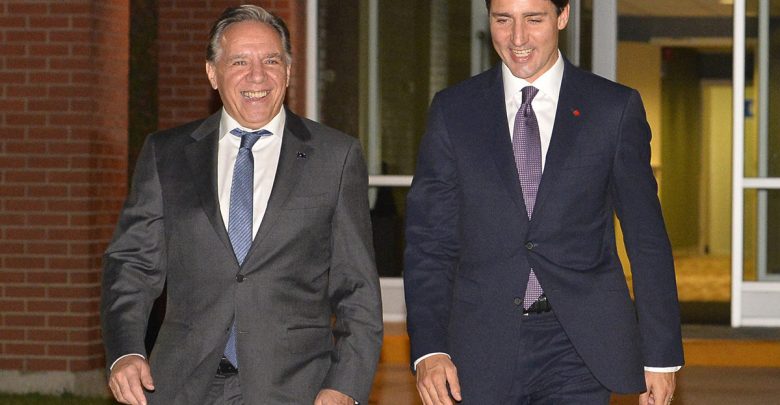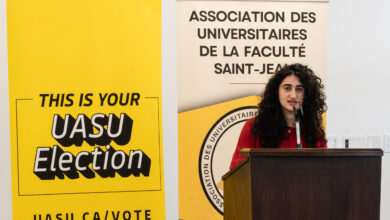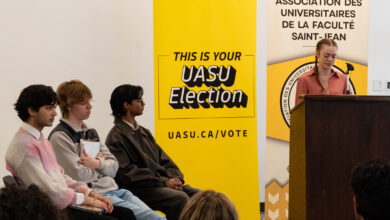 Matthew Usherwood
Matthew Usherwood There’s a saying in federal politics that to win an election, you only need to win Quebec and Ontario. This attitude couldn’t possibly characterize the upcoming federal election any better.
Seat-rich Quebec will be the inevitable tiebreaker this election, with the Liberals and Conservatives fighting for ridings who previously supported the Bloc Quebecois and the NDP, as both parties now have dissipating support in Quebec.
Quebec’s important role this October has prompted its
Pandering to Quebec has been a common theme in Canadian politics since confederation. Due to having a distinct cultural and linguistic identity different from the rest of Canada, Quebec has required special attention and a greater degree of autonomy to keep them in Confederation. For example, Quebec has extensive control over employment and immigration, whereas those matters are handled by the federal government in all other provinces.
From a Western Canadian perspective, it certainly doesn’t feel good to watch Quebec attempt to boss the feds around. Despite having a population almost double that of Alberta, Quebec’s GDP is only 25 per cent higher, yet from a political standpoint, Quebec has the sway to shape the Canadian economy in the way that Alberta does not.
Manitoba Premier Brian Pallister already expressed his outrage for Legault’s arrogant “brokerage politics,” stating that Quebec is going against the interests of Canada as a whole. Pallister’s response is reflected in the general Western Canadian populus: a recent survey by the Angus Reid Institute showed that only one per cent of Albertans and two per cent of Saskatchewanians feel Quebec is friendly towards their province.
This current sense of alienation in Western Canada largely results from the Liberal government’s mismanagement of pipeline projects. It’s the issue of pipelines that make Legault’s ‘demands’ really insulting to Albertans, as he’s demanding that no federal party support the revitalization of the Energy East pipeline project.
Alberta is currently facing high unemployment rates mainly due to low oil prices, yet we will still end up sending billions of dollars to the federal government and only get back 60 to 70
Of course, equalization payments don’t directly flow from one province to the other, but at the end of the day, money is still going from point A(
Equalization doesn’t necessarily need to end, but it does need to be drastically changed. How it should be changed, I’m not exactly sure. Fiscal federalism is a highly complicated system without obvious solutions. But c
Confederation never has, and likely never




